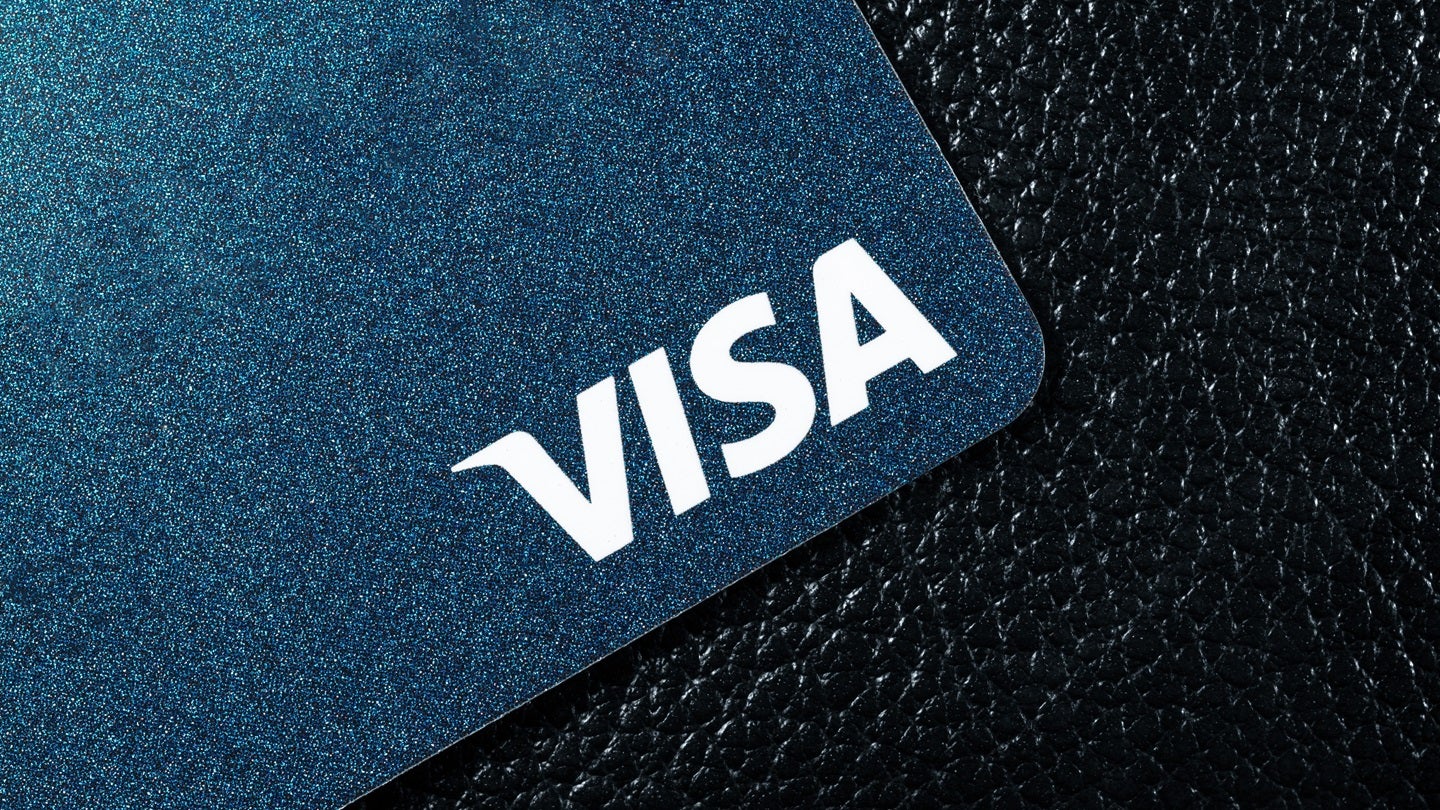
Visa has decided to discontinue its open-banking services in the US, citing ongoing regulatory ambiguity surrounding consumer data rights and the potential for increased fees related to customer information, reported Bloomberg citing sources.
The company has ceased its open-banking initiatives, which were designed to facilitate access to customer account data for third parties, including financial technology firms.

Access deeper industry intelligence
Experience unmatched clarity with a single platform that combines unique data, AI, and human expertise.
These sources, who requested anonymity due to the sensitive nature of the matter, confirmed the closure.
This move occurs at a time when the future of a regulation preventing banks from imposing charges for access to customer data remains uncertain.
During the Trump administration, the Consumer Financial Protection Bureau had aimed to overturn the open-banking rule, which allows consumers to access their data and mandates that banks share this information with other financial service providers at no cost.
The agency is currently working on revising these regulations.

US Tariffs are shifting - will you react or anticipate?
Don’t let policy changes catch you off guard. Stay proactive with real-time data and expert analysis.
By GlobalDataIn response to inquiries regarding this decision, a Visa spokesperson indicated that the company is redirecting its open-banking focus towards “high-potential markets like Europe and Latin America.”
During an earnings call in July, Visa CEO Ryan McInerney noted that these regions present the “greatest potential” for open banking.
Visa’s withdrawal from the US market comes in the wake of JPMorgan Chase’s announcement to implement fees that could reach hundreds of millions of dollars for access to customer bank account data, a development reported by Bloomberg News in July.
This has led to backlash from fintech companies that rely on such data for their operations.
According to one of the sources, Visa’s decision was made independently of JPMorgan’s strategic shift.
This marks a departure from Visa’s position five years ago when the company attempted to acquire Plaid, a firm that connects bank accounts to fintech applications, for $5.3bn.
That acquisition was abandoned in 2021 following antitrust concerns raised by the US Justice Department.
Subsequently, Visa acquired Tink, a Swedish rival to Plaid, for approximately $2bn later that same year.
At that time, Visa executives expressed that Tink would serve as a “strong partner with whom we can accelerate innovation in open banking.”







